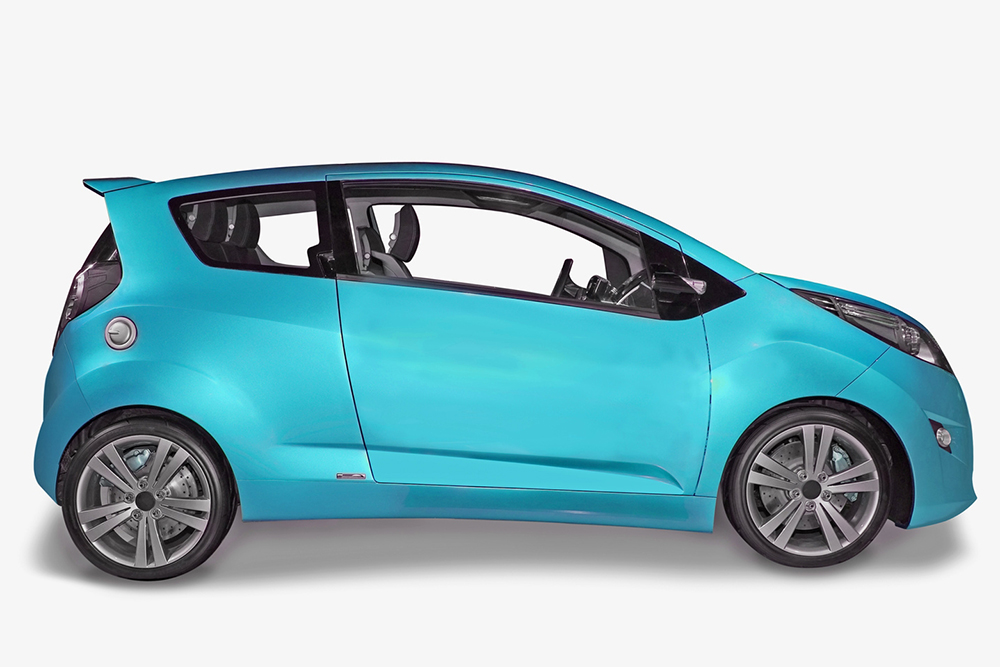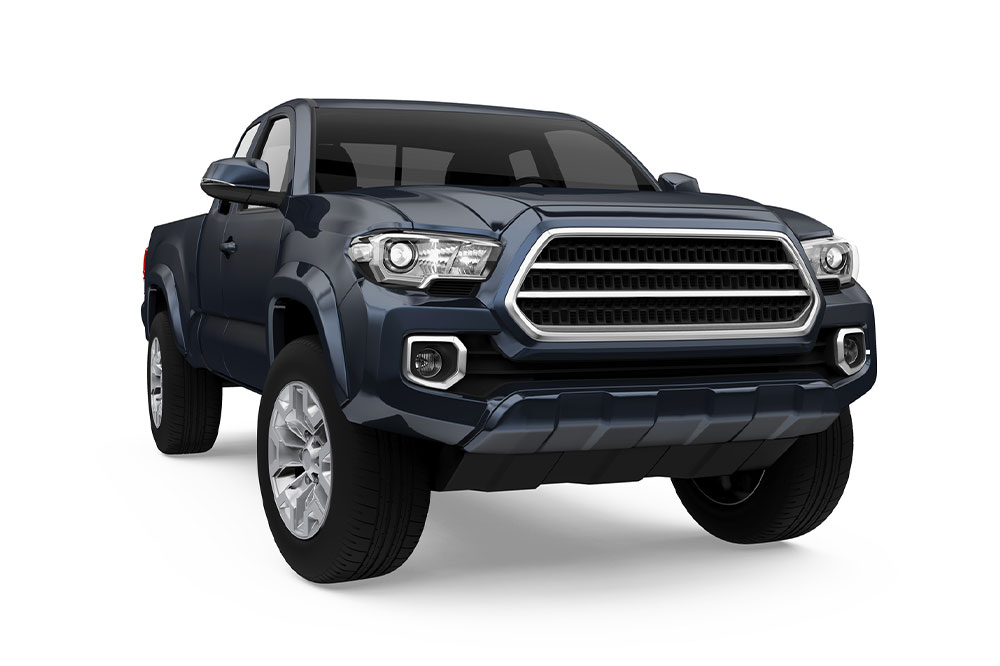Essential Guide to Car Warranty Options
Understand the different types of car warranties, including manufacturer and extended options, to make informed decisions when protecting your vehicle. Learn about coverage durations, costs, and benefits to choose the best warranty plan for your needs and vehicle type.

Essential Guide to Car Warranty Options
Purchasing a new vehicle is a significant investment, and having reliable coverage provides peace of mind against unexpected repairs. This protection is known as a car warranty. Generally, newer models tend to come with longer warranty durations compared to used cars.
Typically, a car warranty offers comprehensive coverage, including systems like air conditioning and electrical components. Most manufacturers provide warranties lasting around three years or approximately 36,000 miles, although this varies by brand.
If your vehicle experiences issues within the warranty period, the manufacturer will repair or replace defective parts at no cost. Car warranties are generally categorized into two types: manufacturer warranties and extended warranties.
Manufacturer warranties are issued by the vehicle manufacturer and cover specific parts for a set duration. For example, premium brands like Mitsubishi offer up to five years or 60,000 miles of bumper-to-bumper coverage. Hyundai and Kia provide similar terms, plus additional benefits like corrosion protection and roadside assistance.
Luxury brands such as Buick, Acura, BMW, and Cadillac typically offer four years or 50,000 miles of coverage, while brands like Infiniti extend to four years or 60,000 miles. Conversely, some manufacturers like Chevrolet and GMC provide three-year or 36,000-mile warranties that include routine services such as oil and filter changes during the warranty period.
Many vehicle owners opt for extended warranties, which offer additional protection beyond the standard coverage. These contracts, purchased from third-party providers like Endurance, ASAP, or Autopom, cover repair costs for breakdowns or damages outside the original warranty window. The cost of extended warranties depends on factors such as vehicle age, make, mileage, and coverage level. They are especially beneficial for new cars, offering added security against unexpected repairs.
Note:
Our website offers informational content across various categories to help readers make informed decisions. While our research aims to provide accurate insights, readers should treat these articles as general guidance. We do not accept responsibility for discrepancies or inaccuracies that may appear elsewhere. Also, some promotional offers or schemes might not be included here, which could be advantageous for you.










